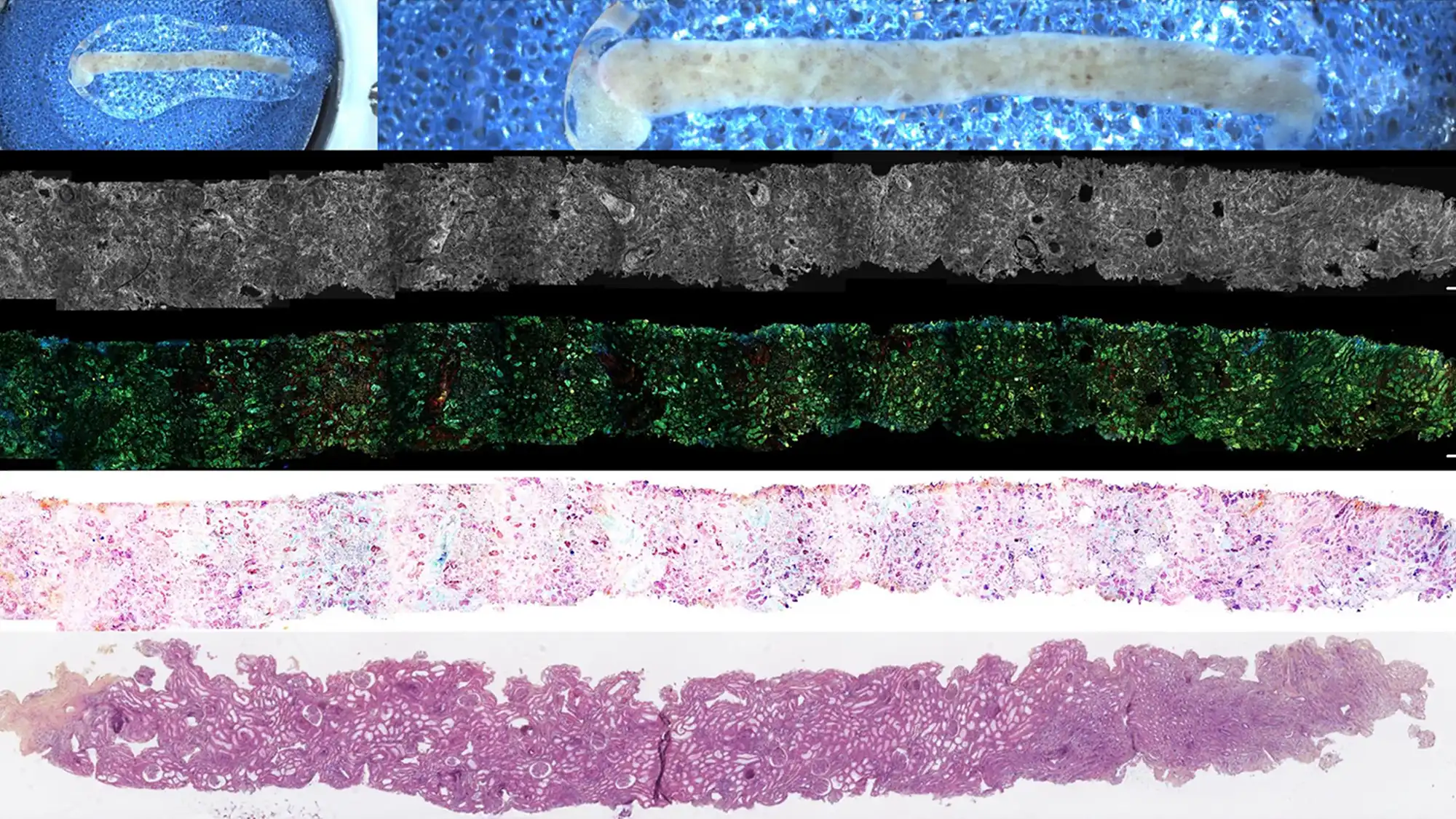Dynamic Cell Imaging as an Alternative to Rapid Onsite Evaluation in Robotic Bronchoscopy: A Comparative Study

Abstract
Background: Robotic bronchoscopy is now the preferred method for sampling suspicious pulmonary lesions, often coupled with rapid onsite evaluation (ROSE) to confirm sample adequacy. However, ROSE can prolong procedures and sometimes provides results that differ from final pathology.
Methods: This comparative study evaluates Dynamic Cell Imaging (DCI) using the Celtivity biopsy system as an adjunct to robotic bronchoscopy. DCI employs full-field optical coherence tomography to rapidly assess biopsy samples without staining or fixation. Data from procedures using DCI were matched with those using ROSE and analyzed for diagnostic accuracy, concordance with final pathology, procedure time, and indeterminate biopsy rates.
Results: DCI enabled diagnostic interpretation in 98% of cases, outperforming ROSE (64%). Concordance with final pathology was significantly higher with DCI (69.9% vs. 54.1%, p=0.008). DCI also led to additional detection of malignancy in cases initially interpreted as benign, reduced indeterminate biopsy rates (4.3% vs. 11%, p=0.04), and shortened average procedure time (42 vs. 53 minutes, p<0.001).
Conclusions: Dynamic Cell Imaging is non-inferior to ROSE and improves efficiency and diagnostic concordance in robotic bronchoscopic biopsies. This technology offers a valuable adjunct for proceduralists, facilitating faster and more accurate lung cancer diagnosis .





